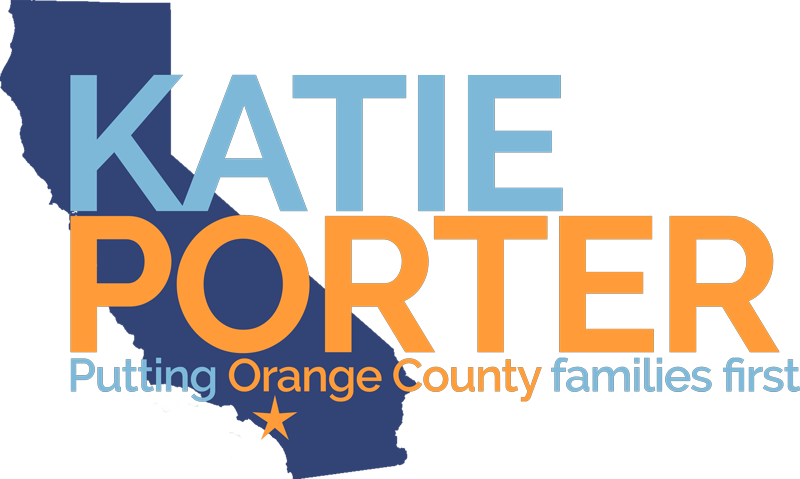In the News
New York Times: Wells Fargo C.E.O. Is Grilled on Capitol HillWells Fargo C.E.O. Is Grilled on Capitol Hill.
Washington,
March 12, 2019
|
Emily Flitter, New York Times
Tags:
Protecting Consumers
Timothy J. Sloan went to Capitol Hill on Tuesday to convince members of Congress that Wells Fargo had become a better bank.
By the time he left, it was clear that few believed him. Mr. Sloan, the bank’s chief executive, fielded intense criticism during four hours of testimony before the House Financial Services Committee. Democrats and Republicans alike grilled Mr. Sloan, whose bank has tried to recover from a series of scandals in 2016, when it was revealed that Wells had been opening phantom bank accounts in customers’ names and forcing unnecessary fees and products on some of them. His responses managed to draw ire even from officials who weren’t in the room: A spokesman for the bank’s primary regulator, the Office of the Comptroller of the Currency, released a statement on Tuesday saying officials were “disappointed” in the bank. Mr. Sloan was the first in what is expected to be a parade of bank executives summoned to testify before the committee about the health of the industry now that Democrats control the House of Representatives. But their Republican counterparts also pulled few punches. In his opening statement, Representative Patrick T. McHenry, Republican of North Carolina, cited a New York Times article from last week about a persistent, high-pressure culture of performance goals at the bank, despite its work to reorganize itself. Mr. McHenry asked Mr. Sloan if he could promise that Wells would no longer harm customers. “I can't promise you perfection, but what I can promise you is that the changes we've implemented since I’ve become C.E.O. will prevent harm the best we can,” said Mr. Sloan, who took over as chief executive in October 2016. Members of the committee repeatedly referred to the Times article as they questioned Mr. Sloan. Topics included goals set for employees responsible for collecting customer debt and an episode in which a financial adviser left the company only for the bank to erroneously inform her clients that she was teaming up with another employee to handle their accounts. The letter indicated that the adviser still worked for the bank and had endorsed the other employee. A bank spokesman said last week that the letter had been sent in error. “You can't assure us that there haven't been other letters like this?” asked Representative Lee Zeldin, Republican of New York. “There may have. I’m not aware,” Mr. Sloan replied. Other heads of big banks were likely taking note of Mr. Sloan’s grilling. His counterparts, including Jamie Dimon of JPMorgan Chase and David Solomon of Goldman Sachs, will appear at a committee hearing for the leaders of the biggest banks on April 10. Representative Katie Porter, Democrat of California, questioned Mr. Sloan about exactly how meaningful the bank’s commitment to change was, pointing out that its own lawyers had called such statements “corporate puffery” in response to a lawsuit. “It’s convenient for your lawyers to deflect blame in court, and say your rebranding campaign can be ignored as hyperbolic marketing, but when then you come to Congress, you want us to take you at your word,” she said. “And I think that’s the disconnect, that’s why the American public has trouble trusting Wells Fargo.” In his opening remarks, Mr. Sloan described many of the changes Wells Fargo had made in an effort to rebuild that trust. “We have discarded our old decentralized structure that allowed prior problems to occur,” he said. The bank has eliminated the sales goals at branches that led employees to open fake accounts to meet regular quotas. He also said employees were being judged mainly on how they treated customers, rather than on how much they sold. Mr. Sloan also said Wells Fargo was having “constructive” talks with its regulators, including the Federal Reserve and the comptroller office, both of which have imposed limitations on what the bank is allowed to do while it tries to reshape its culture and its operations. Some of those officials, it seemed, were watching the hearing. The comptroller office, which regulates nationally chartered banks and has criticized Wells Fargo for forcing hundreds of thousands of customers to carry unnecessary car insurance, took the rare step of issuing a statement on Mr. Sloan’s testimony. It said it was unhappy with the bank’s “inability to execute effective corporate governance and a successful risk management program.” Committee members had pointed questions about the bank’s treatment of customers. Representative Lance Gooden, a Republican from Texas, asked why Wells Fargo was taking longer than expected to refund money to customers it had tricked into buying auto insurance. Mr. Sloan said the bank had engaged in “a give-and-take” with the comptroller about how much to refund. Two Democrats, Representatives Brad Sherman of California and Carolyn B. Maloney of New York, asked Mr. Sloan about the bank’s use of arbitration to settle disputes with customers. “We've looked at more than 160 million accounts and contacted more than 50 million customers to make sure we've made things right, and I believe we have,” Mr. Sloan said. Representative Maxine Waters of California, the committee chairwoman, asked Mr. Sloan if the bank had become “too big to manage.” “No,” he replied, “we’re not.” |
